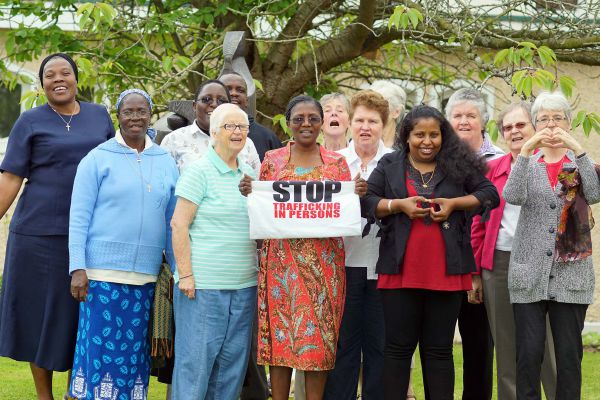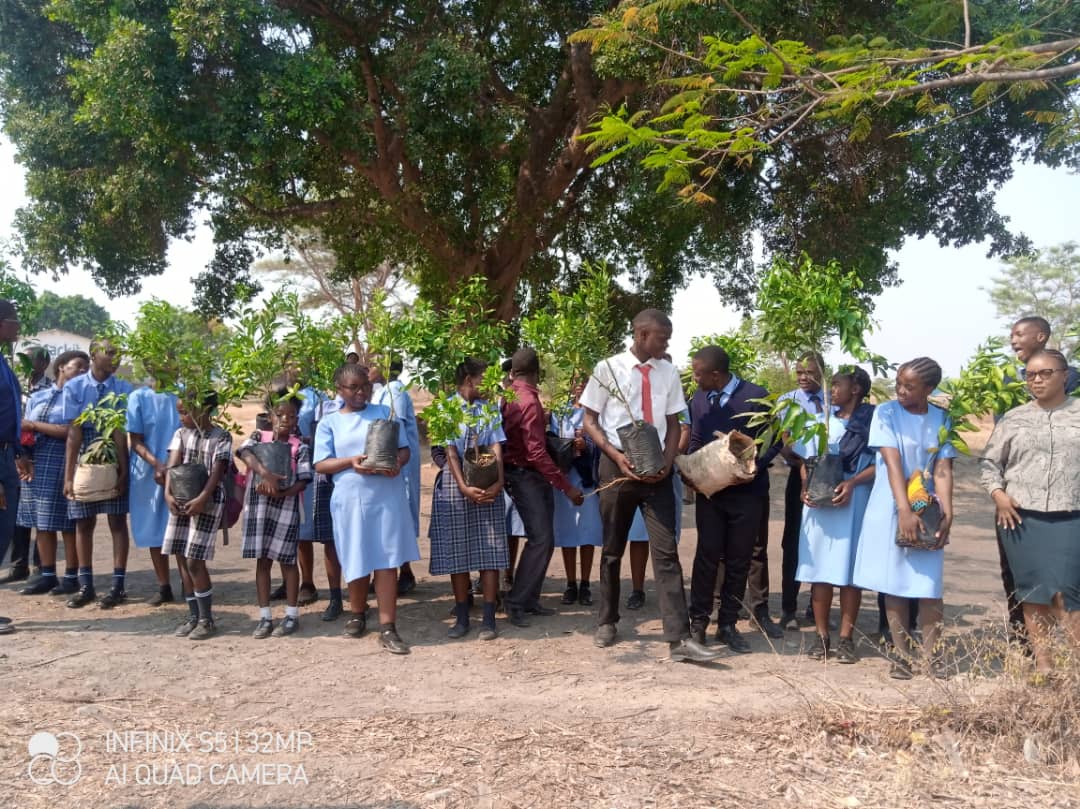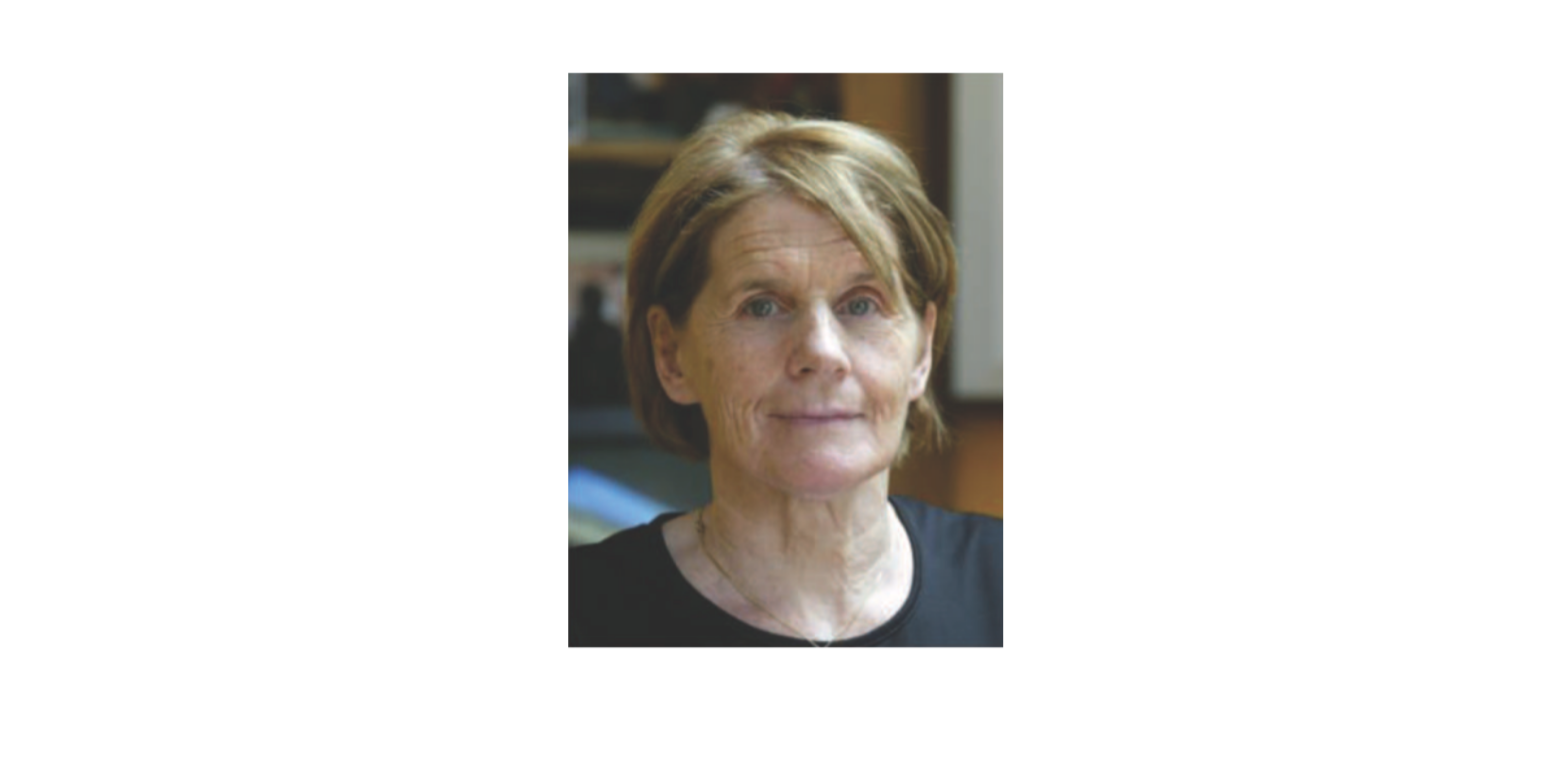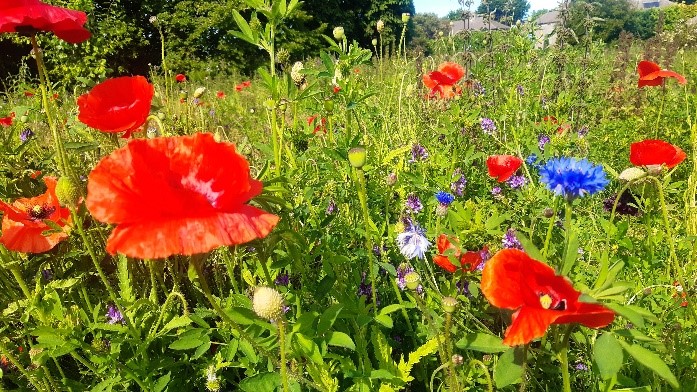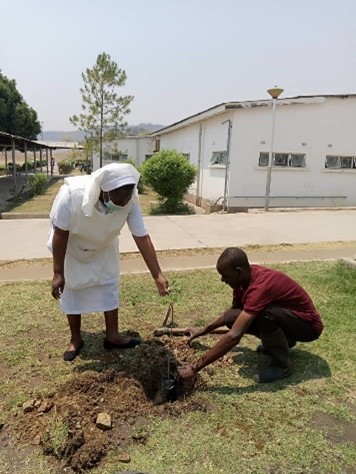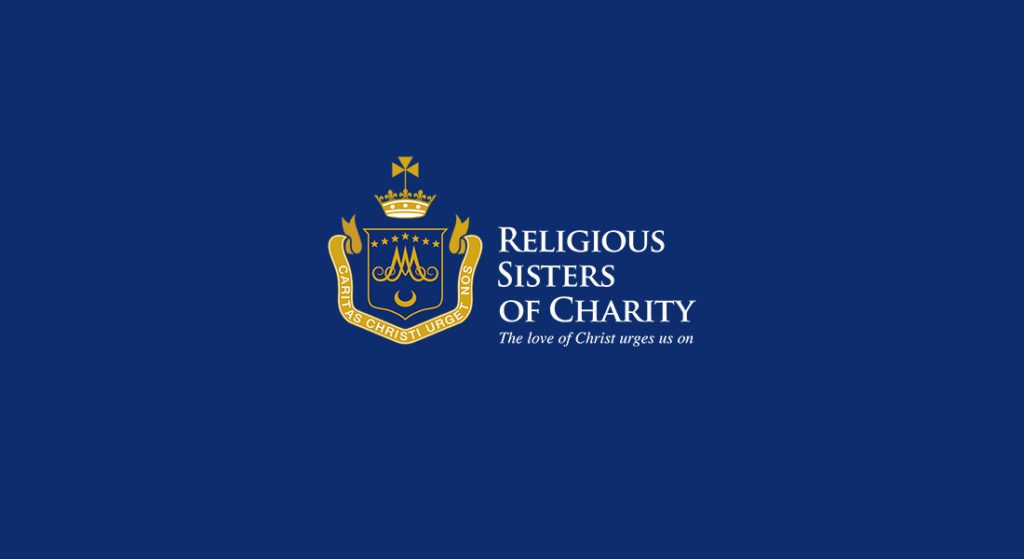
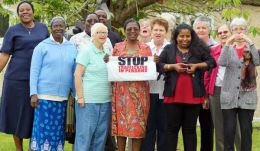
The Congregational Anti Human Trafficking Team
The new Anti-Human Trafficking Team was formed in 2014. It is made up of representatives from each province and region and the Australian Congregation.
Its members are: Srs Mairéad Ni Chuirc Coordinator (GLT), Kathleen Bryant (California), Kayula Lesa (Zambia), Justina Nelson and MaryAnn Emealo (Nigeria), Suzette Clark (Australia), Eilís Coe (Ireland), Patricia Byrne (England/Scotland), Srs Emma Chakupalesa (Zambia) and Freda Ehimuan (Nigeria) also participated in the meeting.
Our First Meeting in July
Having Skyped a few times over the past year we finally met in July at Emmaus Retreat Centre, Swords, Co Dublin. The purpose of the meeting was first to enable us to get to know each other and the contexts in which we live including the issue of human trafficking. To enable the latter to happen we each reported to the group on what is happening in our own country in relation to trafficking, the challenges and responses of our countries and ourselves.
Another purpose of the meeting was to identify areas where we could work or move forward together. From the outset we all expressed the desire to find a way of working together on a corporate project and to encourage and initiate activities across the Congregation. We identified ways of doing this through setting up a structure for communication among ourselves and identifying corporate actions that we could participate in as a Congregation.
At its most basic level our goal was to find ways that would enable us to make a robust and coordinated Congregational response to Human Trafficking that would involve every sister and every community.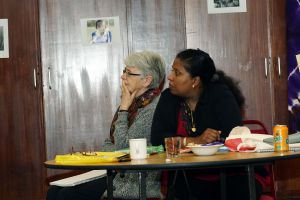 By the end of the week we had formulated a three pronged strategic plan:
By the end of the week we had formulated a three pronged strategic plan:
- Internal networking. This clarifies the role of the co-ordinator of the team and of the team members and sets out how the team maintain connectedness. It also ensures accountability.
- Corporate Action This includes actions which we can take within our own areas but which we have a common understanding about such as further educating ourselves and the sisters, funding for our work, the provision of shelter where we can and, where applicable, enabling survivors of human trafficking to embrace leadership and advocacy roles. This also includes shared activities such as the sharing of information, shared liturgies and marking global days together. Each area will implement these actions according to context.
- Advocacy. This is about how we can advocate for others especially collaborating and sharing information with each other and other congregations, being trained in the use of social media to reach large numbers, capacity building i.e. internship at UN, attendance at UN Commission on the Status of Women, training about human trafficking for those who work in or use our RSC ministries, parents, teachers etc. Each area will consider who to propose for the Unanima Woman of Courage Award.
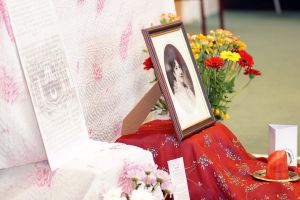 Highlights of the meeting
Highlights of the meeting
Sr Mary Christian was with us for the opening of the meeting. She quoted from what Pope Francis had said lately about HT – then her comments to us were:
‘For each of you at this meeting it is an opportunity to explore ways how we as Sisters of Charity can, with our collaborators, commit ourselves to ending abuse, exploitation, trafficking and all forms of modern slavery, which are crimes against humanity.
Mary Aikenhead was always ready to work towards finding solutions to the problems of her day, whether that was providing education, healthcare, comforting prisoners and all in need of care. Human trafficking is one of the most urgent needs of our time.
… During these days you will have a chance to listen to each other, to hear the stories of people who were trafficked and above all to try and find ways in which we can raise awareness of the problem.’
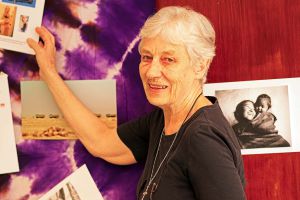 Sr Veronica Brand facilitated in her usual gentle but decisive way as she led us through a range of activities to enable us to express our hopes and expectations and find a way of making these a reality, which we did in our strategic plan.
Sr Veronica Brand facilitated in her usual gentle but decisive way as she led us through a range of activities to enable us to express our hopes and expectations and find a way of making these a reality, which we did in our strategic plan.
We had four companions for the whole of the meeting. Kanthi is a survivor of trafficking. She is from Sri Lanka but is now an American citizen, Winston works on projects with Kayula in Zambia, Patricia is a Brigidine sister who has been on the board of Unanima and is a member of Renate and lives in Windsor near London, and Catherine who is a Ferrybank sister and works with Eilis. Each one brought their own particular gift to the meeting both in their history and experience and their contributions to the discussions and the strategic plan.
During the meeting we marked World Human Trafficking Day.
On the Wednesday we visited the city centre and had a meeting at the Department of Justice with the head of the Irish Human Trafficking Unit and his counterpart in the Gardaí. This was a particularly good visit because of the warmth of the welcome we received. All the best crockery and biscuits were out for us when we arrived and we found both men open and honest about their work and the challenges they face and the responses they make. Most of all we found them to be committed to stopping trafficking and showed themselves to be compassionate towards the victims. We were shocked to learn that there is internal trafficking in Ireland – Irish people trafficking Irish children particularly.
On that day we also visited a project run by the Mercy Sisters called Mecpaths. This is an acronym for Mercy Efforts to Counter Child Prostitution and Trafficking in the Hospitality Sector. So this project targets hotels with a view to getting them to commit to prohibiting prostitution in their establishment. Visiting Mecpaths was an interesting experience also and there too we were warmly welcomed and learned about yet another way that people are exploited and the creative response that is being made.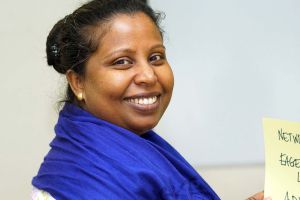 The day in town was beautifully brought to an end with the reading of a play written by Kanthi entitled ‘Letters from my mother’ which tells the story of Kanti’s experience of being trafficked into a domestic situation. It was very moving and received a great response from the many Sisters of Charity from around Dublin and abroad who had come to the reading.
The day in town was beautifully brought to an end with the reading of a play written by Kanthi entitled ‘Letters from my mother’ which tells the story of Kanti’s experience of being trafficked into a domestic situation. It was very moving and received a great response from the many Sisters of Charity from around Dublin and abroad who had come to the reading.
Also during the meeting a significant annual report was published in the US. The TIP (Trafficking in Persons) report evaluates the efforts of almost 200 countries to “comply with the minimum standards for the elimination of trafficking” and rates them on a tier system, from best 1 to worst 3.
Two findings are particularly telling. First, the number of prosecutions globally indicate whether countries are making progress holding perpetrators accountable for what is both a horrific human rights problem and the fastest growing criminal enterprise in the world. Second, the report provides information on trade relations between the United States and Tier 3 countries, those with the worst records on trafficking. The US uses its trading power to influence policy in countries where too little is being done.
Reading all of the above it’s amazing how much we packed into the five days and yet the underlying movement of the meeting was a voyage of discovery. If we thought we knew everything about human trafficking, its forms, scope and ugliness, we were wrong. We discovered through each other that it finds new and harsher ways of expressing itself all the time. So perhaps it would be true to say that the meeting had the effect of calling us to a deeper commitment to promote the dignity and well-being of every person by working against trafficking in all its forms, and by doing that together.
